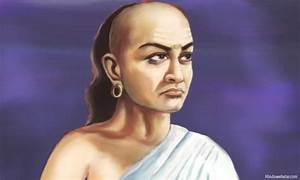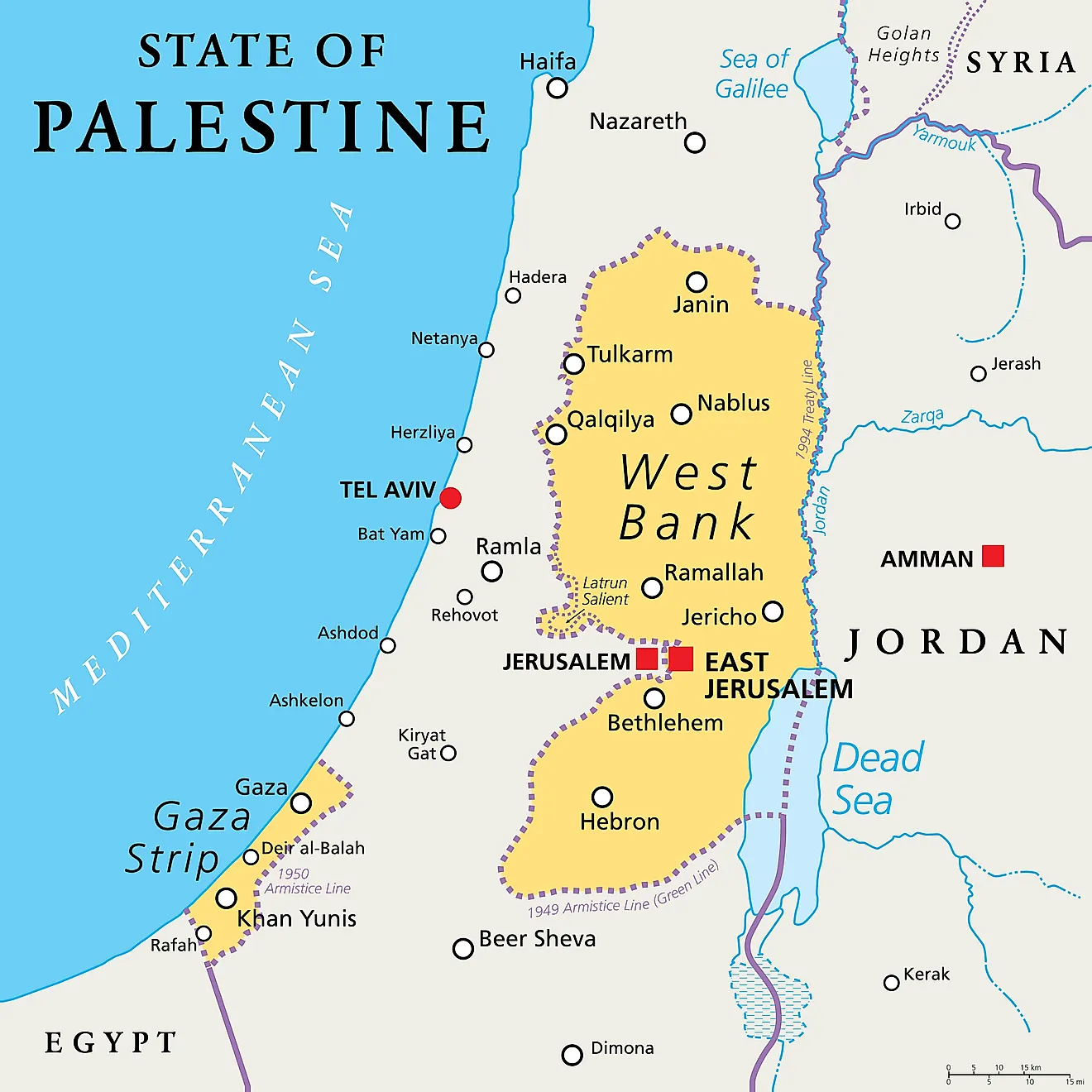Chanakya was a minister and strategist in ancient India. He was the chief advisor to Chandragupta who is recognised as the founder of the Maurya dynasty in Pataliputra.
Chanakya was born in Taxila(now in Pakistan) in 375 BC and he moved to Patalipitra in the East, a very large distance then. He helped Chandragupta expand his kingdom to be amongst the pre-eminent ones in the world. But he is more famous for writing 'Arthashastra', an ancient treatise on economics, politics and war. This text was lost in the 12th century but subsequently, a Sanskrit copy on palm leaves was discovered in 1905.
The Arthashastra is a hugely influential book on statecraft in India. Many scholars now also refer to it for war strategy. It is one of the books from Asia along with Sun Tzu's The Art of War from that age that reflects the way people thought about war.
The book suggests conquest of the enemy as the final aim and the king can resort to any means to achieve his goal. This could include assassinations, bribery, creating rifts or using force. Chanakya was steeped in what is referred to as the school of realism for statecraft. The means did not matter to him.
On the contrary, India after independence was highly influenced by Gandhi for whom means were as important as ends.
It is difficult to hazard a guess whether Chanakya's ideas were successful. The Maurya dynasty floundered after three or four generations after Chanakya's death. There is possibly no reliable record of anyone using his tactics and being successful later.
Gandhi's way keeps getting questioned for his high idealism. The enduring appeal of Machiavelli and Chanakya suggests Gandhi is not fully successful either and the debate continues.

